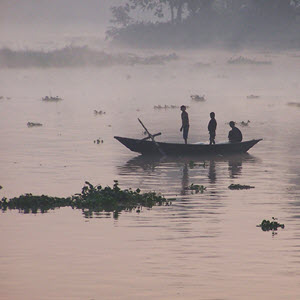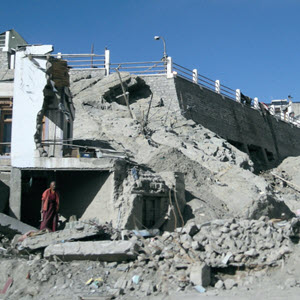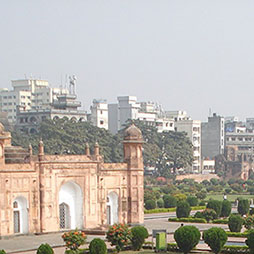Contact
Nontraditional Regional Security Architecture for South Asia
South Asia today possesses all the ingredients for a potential geopolitical nightmare. State failure in any one of the region’s most vulnerable countries could prove potentially devastating for stability in the region as a whole. Agreement on traditional security concerns is often hampered by conflicting domestic political and foreign policy priorities of South Asian states. However, there are emerging nontraditional security issues in South Asia that are of common concern to countries across the region. The 21st century is wrought with such “nontraditional” challenges as looming food and water resource crises, the often devastating environmental impacts of climate change, and the threat of pandemic diseases that cut across geographic boundaries. All of these, as witnessed in recent years, have an immediate human impact on South Asian countries, with implications for both future domestic and regional stability. Calamities in any one of these areas bear the very real potential to exacerbate conditions contributing to traditional security threats in the region.
Developing effective mechanisms in the near term for regional cooperation on nontraditional security issues may yield dividends in the long term toward resolving some of South Asia’s long-standing traditional security problems. Under the aegis of the John D. and Catherine T. MacArthur Foundation’s Asia Security Initiative, NBR organized a three-year project that examined opportunities for cooperation on shared nontraditional security concerns as potential building blocks toward developing a viable regional security architecture for South Asia. Leveraging NBR’s expertise in alternative futures methodologies, this initiative aimed to inform the policy community with innovative research and enhance regional capacity building.
Featured




 The Future of South Asian Security: Prospects for a Nontraditional Regional Architecture
The Future of South Asian Security: Prospects for a Nontraditional Regional Architecture


 South Asia Regional Security 2025: From Idea to Reality? (Phase 3 Workshop)
South Asia Regional Security 2025: From Idea to Reality? (Phase 3 Workshop)



 Nontraditional Security Challenges and Opportunities for Cooperation: South Asia – 2025 (Phase 2 Workshop)
Nontraditional Security Challenges and Opportunities for Cooperation: South Asia – 2025 (Phase 2 Workshop)
 Nontraditional Security Challenges in South Asia – 2025 (Phase 1 Workshop)
Nontraditional Security Challenges in South Asia – 2025 (Phase 1 Workshop)